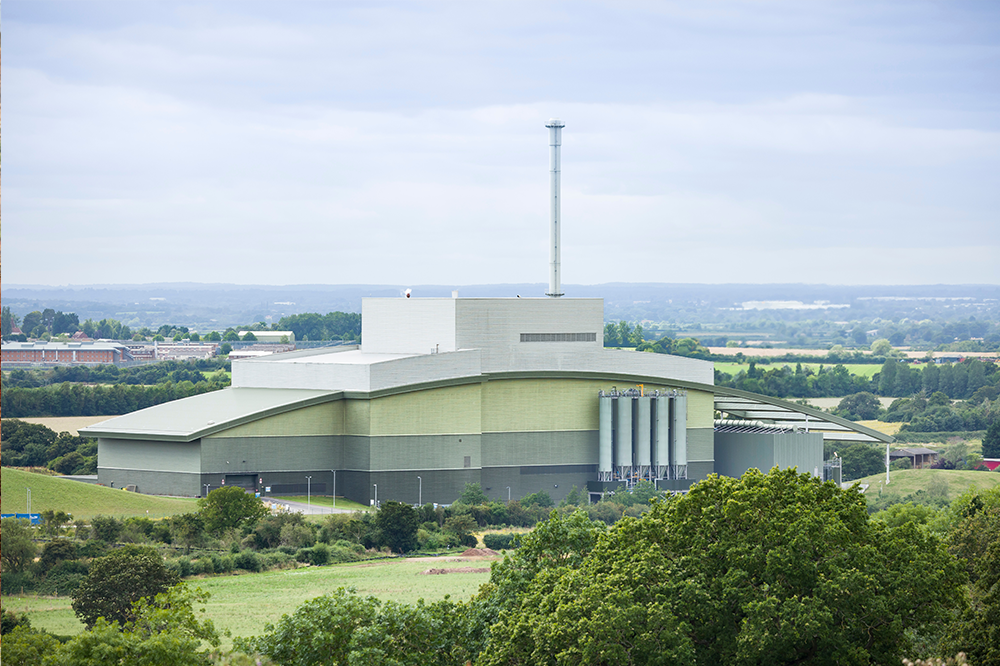Developers of new energy-from-waste (EfW) facilities in England will have to demonstrate alignment with the country’s net-zero ambitions in order to gain permission to build additional sites.
The UK Government said a tightening of the rules around EfW plants, in which waste products are incinerated to produce heat, will see new sites receive planning approval only if they meet “strict new local and environmental conditions” and support the delivery of economic growth, net-zero and the move to a circular economy.
Developers will have to demonstrate that their projects will help lower the amount of non-recyclable waste sent to landfill or enable the replacement of older, less efficient plants. They will also need to outline that new projects are built “carbon capture ready” and show how they will make use of the heat they produce.
Incineration facilities currently provide around 3% of the UK’s total energy generation. They are considered a better option than sending waste to landfill but an inferior option to recycling and other circular economy approaches.
Current projections suggest that by 2035, EfW plants will be capable of dealing with 18.8 million tonnes of residual waste. However, with the delivery of other packaging and waste reforms, including simpler recycling, a deposit return scheme, and extended producer responsibility for packaging, the government estimates the country will only need to manage 17.6 million tonnes of non-recyclable waste by 2042. This means there is a limited need for the development of further waste incinerator plants, it said.
“For far too long, the nation has seen its recycling rates stagnate and relied on burning household waste, rather than supporting communities to keep resources in use for longer,” said circular economy minister Mary Creagh.
“That ends today, with clear conditions for new energy from waste plants – they must be efficient and support net-zero and our economic growth mission, before they can get the backing needed to be built.”















Leave a Reply